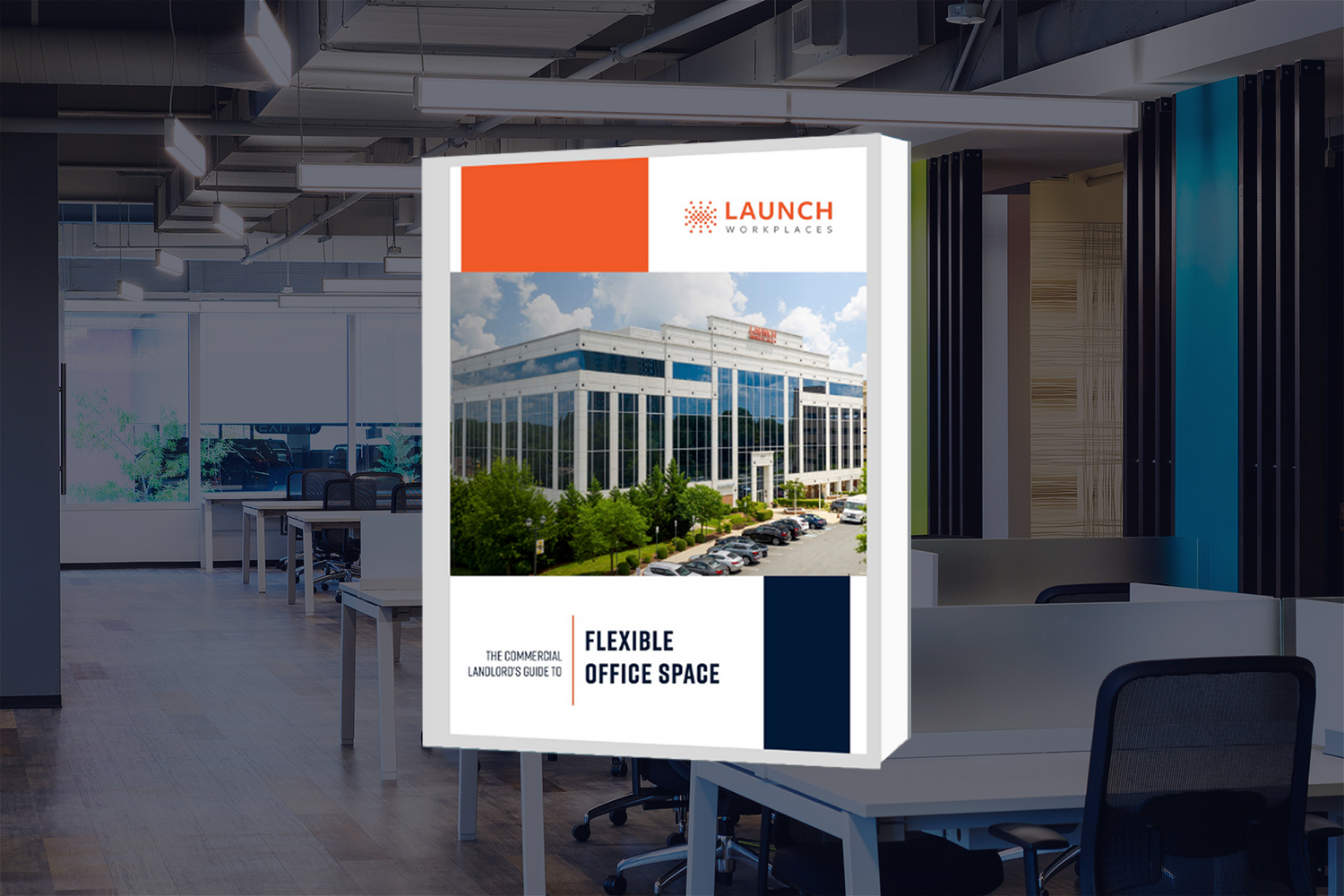In my experience, there’s one sole reason why flexible office space wouldn’t fit your portfolio:
You’re in the 1% of commercial real estate owners who have an entire office portfolio full of niche tenants that are immune to the work-from-anywhere movement.
If that sounds like you, then you can stop reading this article right now–but you might want to share it with the rest of your network.
And, if you’re among the other 99%, and you’re wondering whether or not flexible office space makes sense for your portfolio, here are three questions to help you decide.
What Industries Are Your Tenants In?
Across almost every single industry, having a “work-from-anywhere” policy, in some capacity, is going to be in effect shortly.
Don’t believe me?
From NASA to the U.S. Department of Homeland Security, even government agencies are embracing remote work.
So, here’s a spoiler: unless your entire portfolio is packed with tenants that simply cannot do their jobs from anywhere except the office, there’s a good chance full-time in-office work won’t be the only option they offer down the road.
What Does the Future Hold for the Majority of Your Tenants?
Right now, it’s easy for companies to say that they won’t allow employees to work remotely. But that won’t last.
It’s not what employees want. And in an employment market like the one we’re currently experiencing, employees ultimately dictate how businesses operate–not the other way around.
The second your tenants start losing key employees and finding it tough to replace them because they’ve mandated 40 hours of work per week in the office, their outlooks are going to change.
And as the inevitable pivot to working from anywhere takes over, your tenants are going to need to respond accordingly–by scaling down their office space to accommodate their staffing needs.
So, if you, as a landlord, are still stuck in the mindset that you’re safe since you don’t have any termination dates coming up in the next few years, that’s wishful thinking.
You’re hanging on to false hope by believing it’s not your problem.
How Will You Handle the Future in Your Buildings?
There are an overwhelming number of commercial real estate firms that have nobody at the helm when it comes to future-proofing their buildings.
I understand this from the viewpoint that things don’t change quickly in commercial real estate, but it has already started. Don’t stick your head in the sand and think it won’t happen to you.
Don’t get me wrong, you will have tenants who decide to renew their leases when their termination dates roll around. Are they going to renew for the same amount of space? The odds are, overwhelmingly, no.
When that happens, you might find yourself with a whole ton of open space asking yourself what to do next.
And your options will be to:
- Do a deal that costs you hundreds of thousands in tenant improvement allowance, a month of free rent for every year of the deal (all delivered up-front), and broker commissions on a 10-year deal
- Decide that, since rates are down, concession packages are up, and you don’t want to do long-term deals, you’ll just leave it dark and close the doors
- Partner with someone who can help you go flexible rather than trying to lease out one high-square-footage suite
At the end of the day, if you’re not among the 1% of portfolio owners who have buildings filled with tenants who are immune to the work-from-anywhere movement, you’ll eventually have to ask yourself whether flexible office space is right for you.
And from where I stand, you can either:
- Ignore flexible office space and slowly watch your building become a commodity where its value is based on price and term compared to every other commodity office building in your market
- Do something about it and start to create a flexible strategy for your portfolio
The choice is yours.
If you want to learn more about whether flexible office space is right for your portfolio, get in touch with me today. I’d be happy to talk you through the benefits it can offer you.
—Mike Kriel




